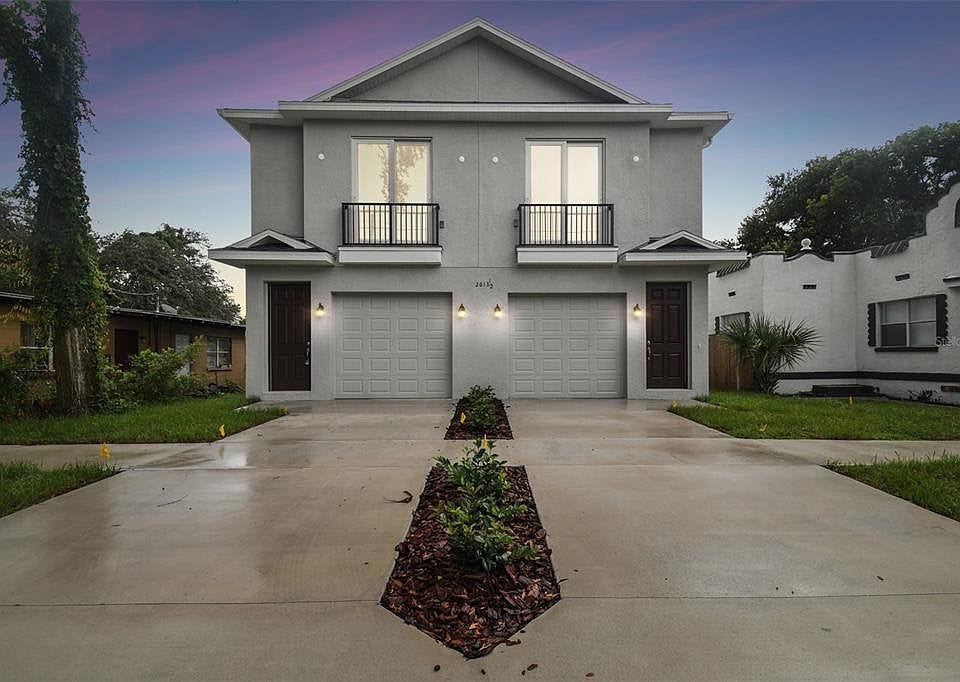Today’s newsletter is brought to you by Innago, a free property management software for landlords that’s as effective as it is user-friendly.
Happy Friday! In this week’s issue, we're looking at a duplex house hack in Tampa, and evaluate whether it’s a good investment.
Here’s the duplex we’re looking at - it’s currently on the market for $800k and has two 3bd/3ba units.
This property, built in 2023, is conveniently situated near College Hills in Tampa, offering a blend of residential comfort and accessibility to Tampa’s bustling urban center. We'll assume that we acquire the property at its listed price. Since the property was recently constructed, we don’t have to allocate any funds to upfront repairs.
We’re going to make the following assumptions:
20% down with a 30-year fixed mortgage at 7% interest rate
0.89% annual property tax rate (based on Tampa’s current rates)
$280/mo home insurance
5% reserve for vacancy
10% reserve for capex and repairs
2% annual rent and expense increase
We’re going to rent out one unit and two bedrooms in our unit. Based on rental comps in the area, it looks like we could get around $2,500/mo for the 3bd/3ba unit and $1,000/mo for the individual bedrooms. That brings our total monthly rent roll for this property to $4,500/mo.
Plugging the numbers above into our trusted house hacking calculator (reply to this email and I’ll send you the link!), we get the results below.
The financials for our Tampa duplex are, frankly, not looking too bright. Each month, we're shelling out $5,131 for mortgage, insurance, and property taxes, but we're only bringing in $4,500 from rent. This leaves us $631/mo in the red right off the bat.
Throw in another $675/mo for capex, maintenance, and vacancies, and our financial picture worsens to a net loss of $1,306/mo. Fast forward through the first year, and our total loss for the year comes out to $9,171, after accounting for $6,501 in equity buildup. Not great, but let’s not throw in the towel just yet.
Why not give Airbnb a try? The duplex's desirable location in Tampa could make it a hot commodity in the short-term rental market, especially during tourist season or big local events. Transitioning the additional unit to an Airbnb could potentially rake in higher nightly rates compared to traditional leasing, significantly boosting our monthly income.
Based on estimates from Rabbu, the property is expected to bring in ~$27.5k/yr in gross revenue on Airbnb, which comes out to roughly $2.3k/mo. That’s less than what we’re making with our long-term rental. Given the challenges of managing an Airbnb, this seems like a strictly worse option unless we can figure out how to make the property more marketable on the short-term rental platforms.
So, would I take the plunge on this property? Probably not. The numbers just don't stack up in our favor, and there's no magic wand to wave that'll turn this situation around.
That's the rundown for this edition. Not every investment pans out, but there's always a lesson to be learned. Catch you next time for more real estate insights!



